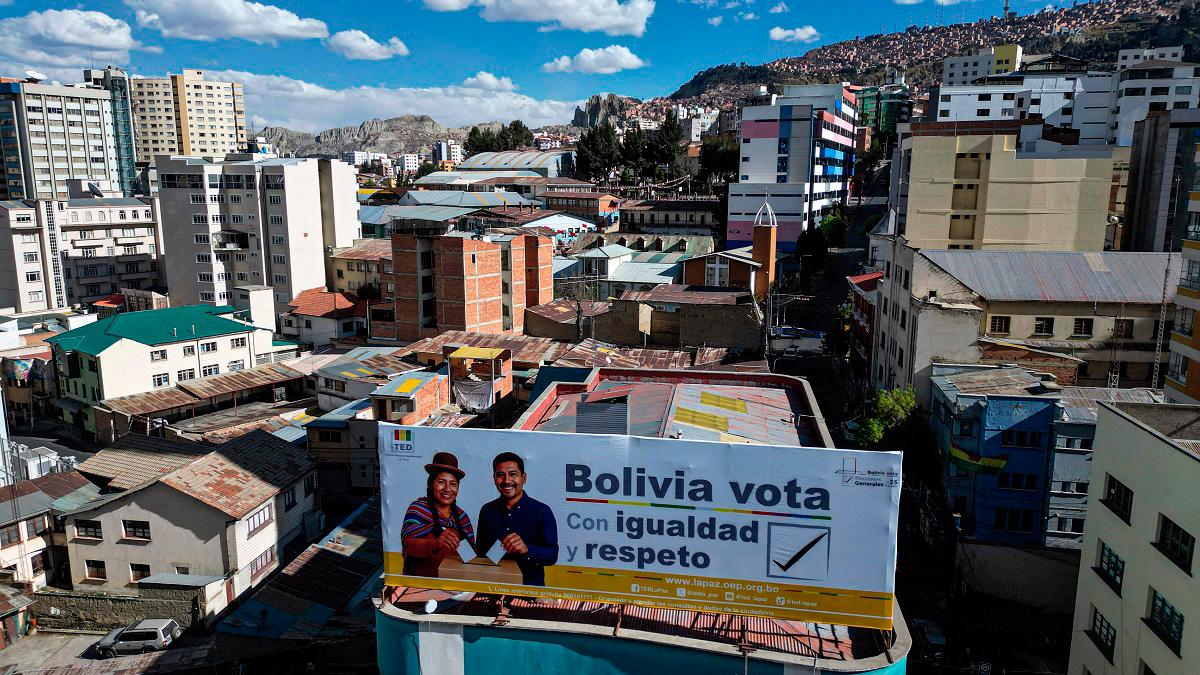LA PAZ: Bolivians head to the polls on Sunday in elections overshadowed by a severe economic crisis.
The country faces its worst financial turmoil in decades, with inflation nearing 25 percent and shortages of fuel and foreign currency.
Polls indicate a sharp decline in support for the ruling Movement towards Socialism (MAS), in power since 2005.
Centre-right businessman Samuel Doria Medina and former president Jorge Quiroga lead the race, each polling around 20 percent.
A runoff will be held on 19 October if no candidate secures a majority.
Both frontrunners promise to overhaul Bolivia’s state-driven economic policies.
Doria Medina and Quiroga aim to cut public spending, attract foreign investment, and rebuild ties with the US.
Marcela Sirpa, a longtime MAS voter, has shifted her support to Quiroga, citing disappointment with the ruling party.
Analysts compare Bolivia’s political shift to Argentina’s 2023 election, where voters rejected leftist rule for change.
Political scientist Daniela Osorio Michel notes voters now prioritise stability over ideology.
Doria Medina, a cement magnate, pledges to curb inflation and stabilise essentials within 100 days.
Quiroga, a former president, vows sweeping reforms after what he calls “20 lost years.”
Bolivia’s economic boom under Evo Morales has faded due to falling gas revenues and poor investment.
The country’s lithium potential remains untapped, worsening the foreign exchange crisis.
Protests over soaring prices and fuel shortages have become frequent.
Student Miguel Angel Miranda criticises the government for failing to diversify the economy.
Morales, barred from running, urges supporters to spoil ballots in protest.
Indigenous leader Matilde Choque Apaza backs his call, warning of unrest if demands are ignored.
All legislative seats are also contested in Sunday’s vote. - AFP









